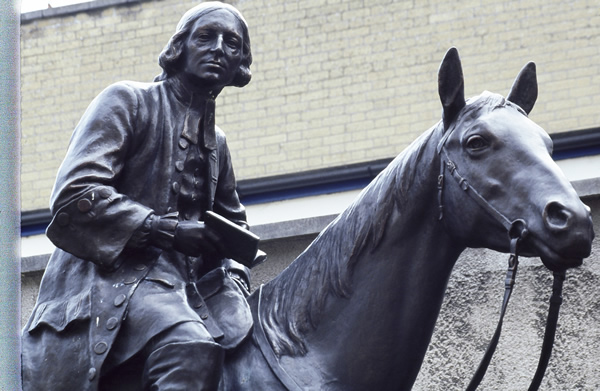 It's been a busy old week... I often find that the week after a break is always (or at least seems) outrageously busy. Some of it was catch-up, but some of what happened this week just jumped out of the hedgerows to ambush me... But unlike this time last year I am coping better with the busy times because I am taking seriously the idea of sabbath rest, with my sabbath being a Monday... That way I am not only resting from work, but working from rest...
It's been a busy old week... I often find that the week after a break is always (or at least seems) outrageously busy. Some of it was catch-up, but some of what happened this week just jumped out of the hedgerows to ambush me... But unlike this time last year I am coping better with the busy times because I am taking seriously the idea of sabbath rest, with my sabbath being a Monday... That way I am not only resting from work, but working from rest...
A friend (who kindly facilitated our family's mini-sabbatical on a houseboat in London last week) posted on her facebook status the following quote from a 1777 letter from John Wesley:
“Though I am always in haste, I am never in a hurry; because I never undertake any more work than I can go through with perfect calmness of spirit.”
But probably the busiest Methodist since the time of Wesley, William Sangster, a man whose life was filled with tremendous activity and productivity, is said to have only learned the true value of rest shortly before his early death. This is a prayer which he included in his final Christmas letter of 1957:
Slow me down, Lord. Give me amidst the confusion of my day, the calmness of the everlasting hills. Break the tension of my nerves and muscles with the soothing music of the singing streams that live in my memory. Help me to know the magical restorative power of sleep. Teach me the art of taking minute vacations... of slowing down to look at a flower, to chat with a friend, to pat a dog, to read a few lines from a good book. Slow me down, Lord, and inspire me to send my roots deep into the soil of life's enduring values, that I may grow toward the stars of my greater destiny. Amen
And all God's people said: "Amen"
Selah
Comments